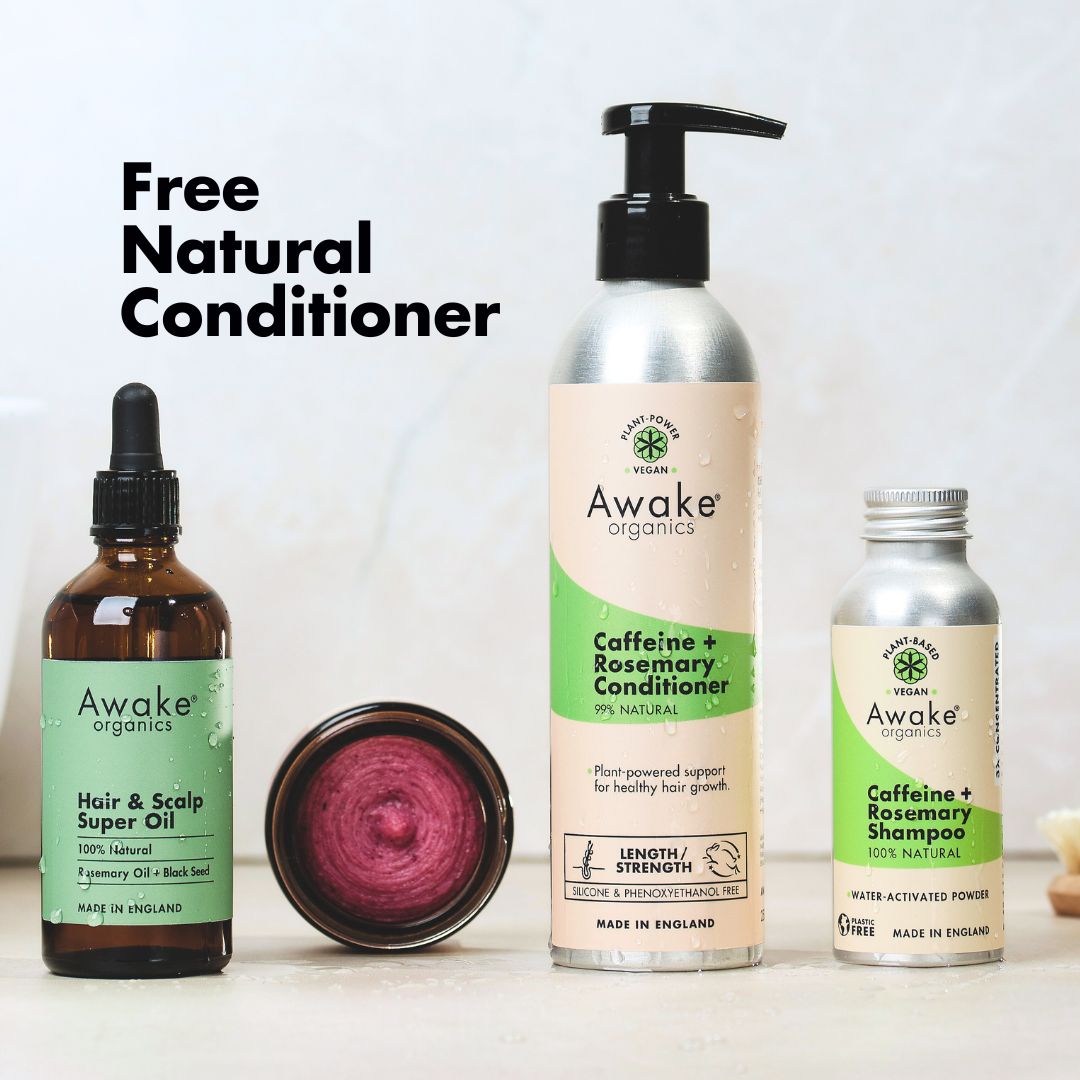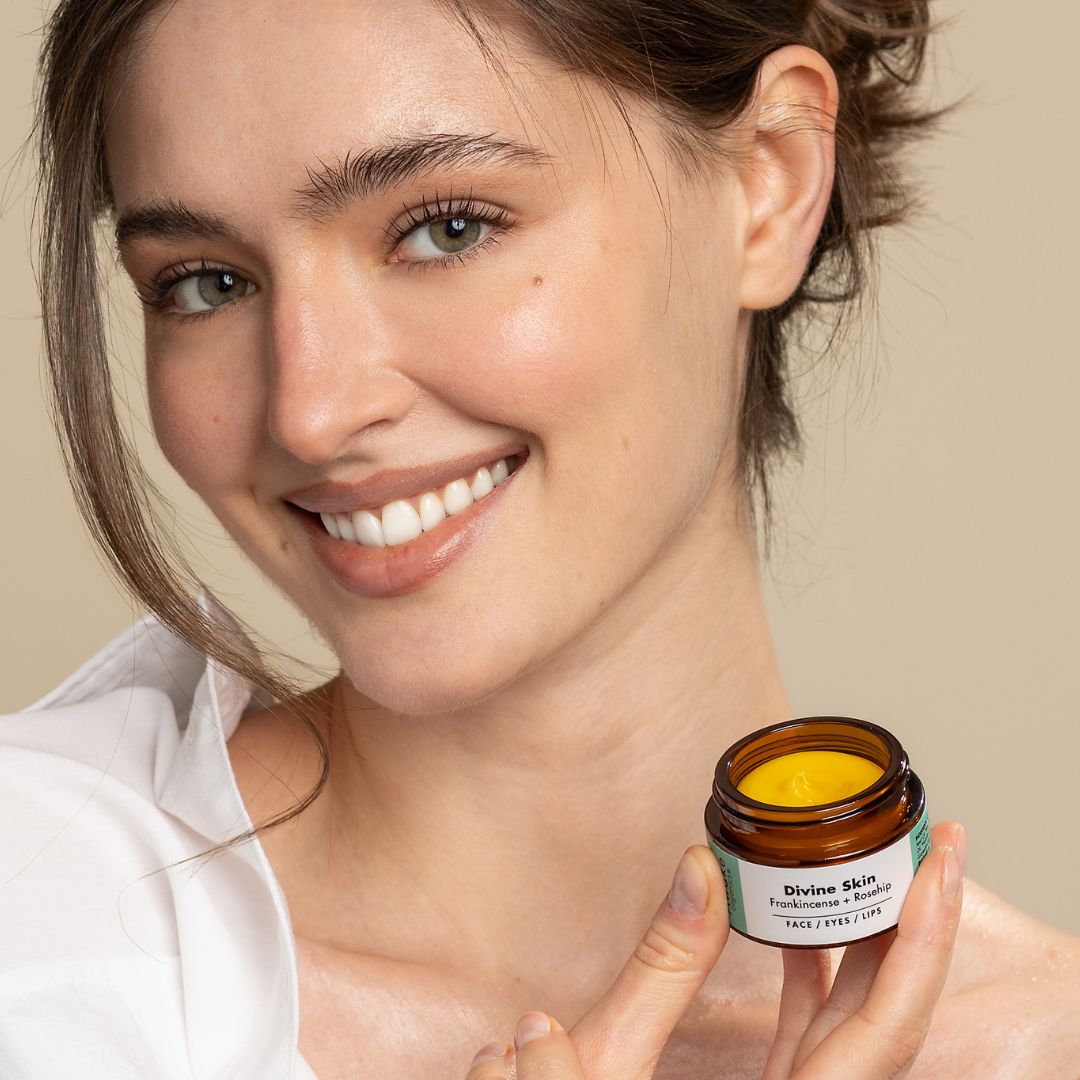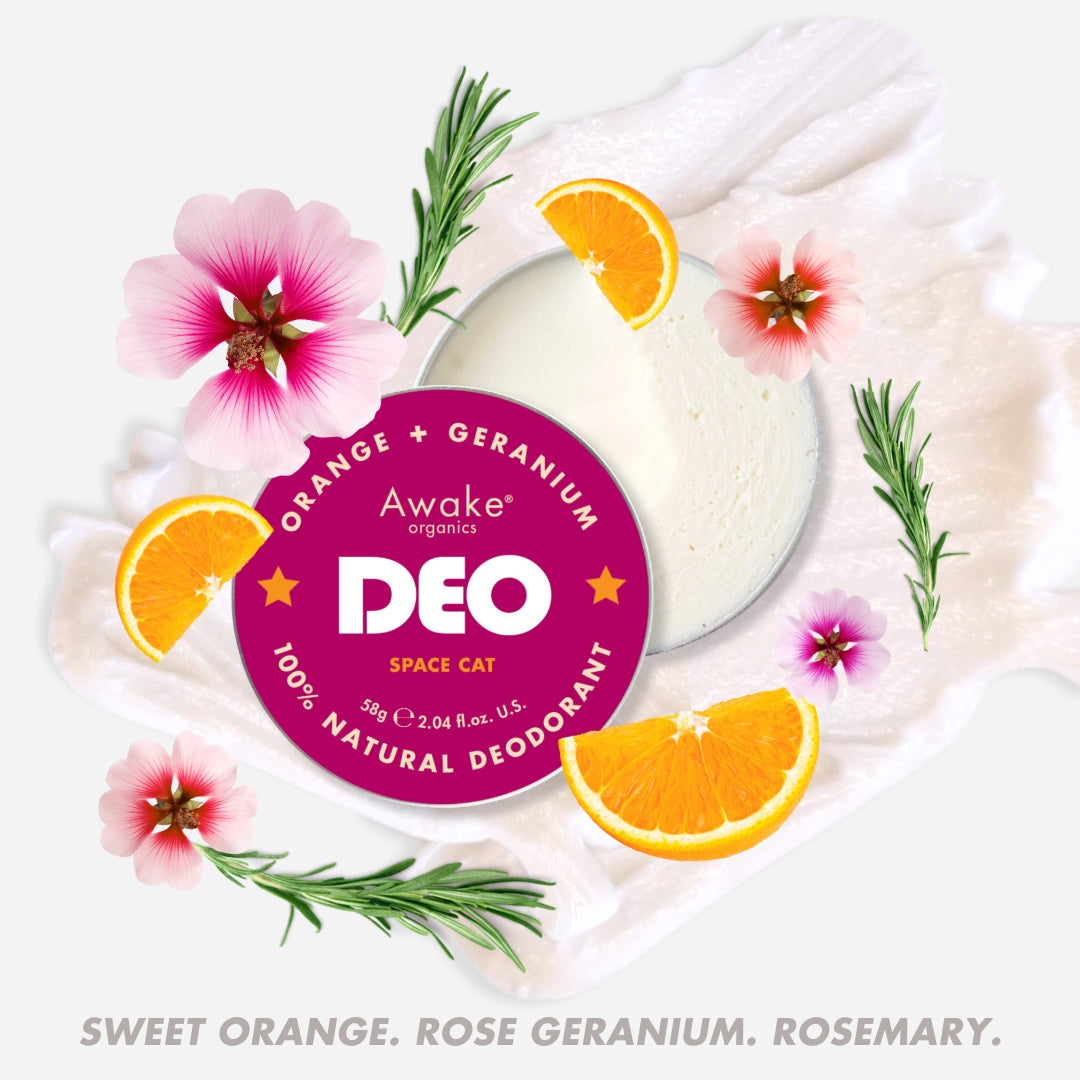
Great news for marine wildlife and, ultimately, the planet as a whole. A ban on the manufacture of rinse-off beauty products containing Microbeads has come into force in the UK today, and will go into effect later this year. Environment Minister, Thérèse Coffey, has announced that manufacturers of cosmetics and personal care products will no longer be able to add microbeads to rinse-off products such as face scrubs, toothpastes and shower gels.
A long-time coming; environmentalists, eco-enthusiasts, and dolphin-lovers alike have been sounding the alarm on these dangerous pieces of plastic for years. This is a landmark, world-leading step in the right direction, and we hope this signals a new era in the fight for cleaner, healthier oceans!
What are Microbeads?
- Microbeads are tiny pieces of plastic found in many conventional beauty and cosmetic products, such as glitter, exfoliating scrubs, toothpastes and more.
Why are Microbeads a problem?
- They are seriously tiny, running straight down our drains and into our oceans. They are too small to be filtered.
- Microbeads end up in our oceans every year, and are ingested by marine life. Studies suggest there are 300 billion pieces of microplastic in the Arctic Ocean alone.
- Microbeads work their way up from the bottom of the food chain. Yummy...
However, we are not quite jumping for joy in the office today. Sadly, this isn’t a complete ban. Leave-on cosmetic and beauty products (sunscreen and makeup) will still be allowed to contain microbeads, following resistance from Big Cosmetics. According to The Telegraph, big brands are claiming they would need to reformulate 90% of their products, which would be “difficult” and “expensive."
Microbeads are completely unnecessary when there are so many natural alternatives available. The fact that large corporations have, without consequence, been using these SUPER CHEAP BITS OF PLASTIC in their formulations for years is outrageous. That they may continue to do so, is an insult to common sense.
Awake Organics is delighted that the UK-wide ban on microbeads has finally taken hold, and we hope that other countries will follow suit immediately. We just wish the ban was across ALL cosmetic and beauty products.
Today’s announcement comes ahead of the governments' upcoming 25 Year Environment Plan, which will set out how we will be the first generation to leave the environment in a better state than how we inherited it.are linked to ecosystem health, personal health and the products we consume.
YOU MIGHT ALSO LIKE
Toxic Magnets, Making Their Way Up The Food Chain
10 Synthetic Chemicals To Avoid
Aluminium in The Body
SaveSave
SaveSave
SaveSave
SaveSave
SaveSave
SaveSave
SaveSave
SaveSave
SaveSave
SaveSaveSaveSave
SaveSave
SaveSave
SaveSave
 Great news for marine wildlife and, ultimately, the planet as a whole. A ban on the manufacture of rinse-off beauty products containing Microbeads has come into force in the UK today, and will go into effect later this year. Environment Minister, Thérèse Coffey, has announced that manufacturers of cosmetics and personal care products will no longer be able to add microbeads to rinse-off products such as face scrubs, toothpastes and shower gels.
A long-time coming; environmentalists, eco-enthusiasts, and dolphin-lovers alike have been sounding the alarm on these dangerous pieces of plastic for years. This is a landmark, world-leading step in the right direction, and we hope this signals a new era in the fight for cleaner, healthier oceans!
Great news for marine wildlife and, ultimately, the planet as a whole. A ban on the manufacture of rinse-off beauty products containing Microbeads has come into force in the UK today, and will go into effect later this year. Environment Minister, Thérèse Coffey, has announced that manufacturers of cosmetics and personal care products will no longer be able to add microbeads to rinse-off products such as face scrubs, toothpastes and shower gels.
A long-time coming; environmentalists, eco-enthusiasts, and dolphin-lovers alike have been sounding the alarm on these dangerous pieces of plastic for years. This is a landmark, world-leading step in the right direction, and we hope this signals a new era in the fight for cleaner, healthier oceans!



